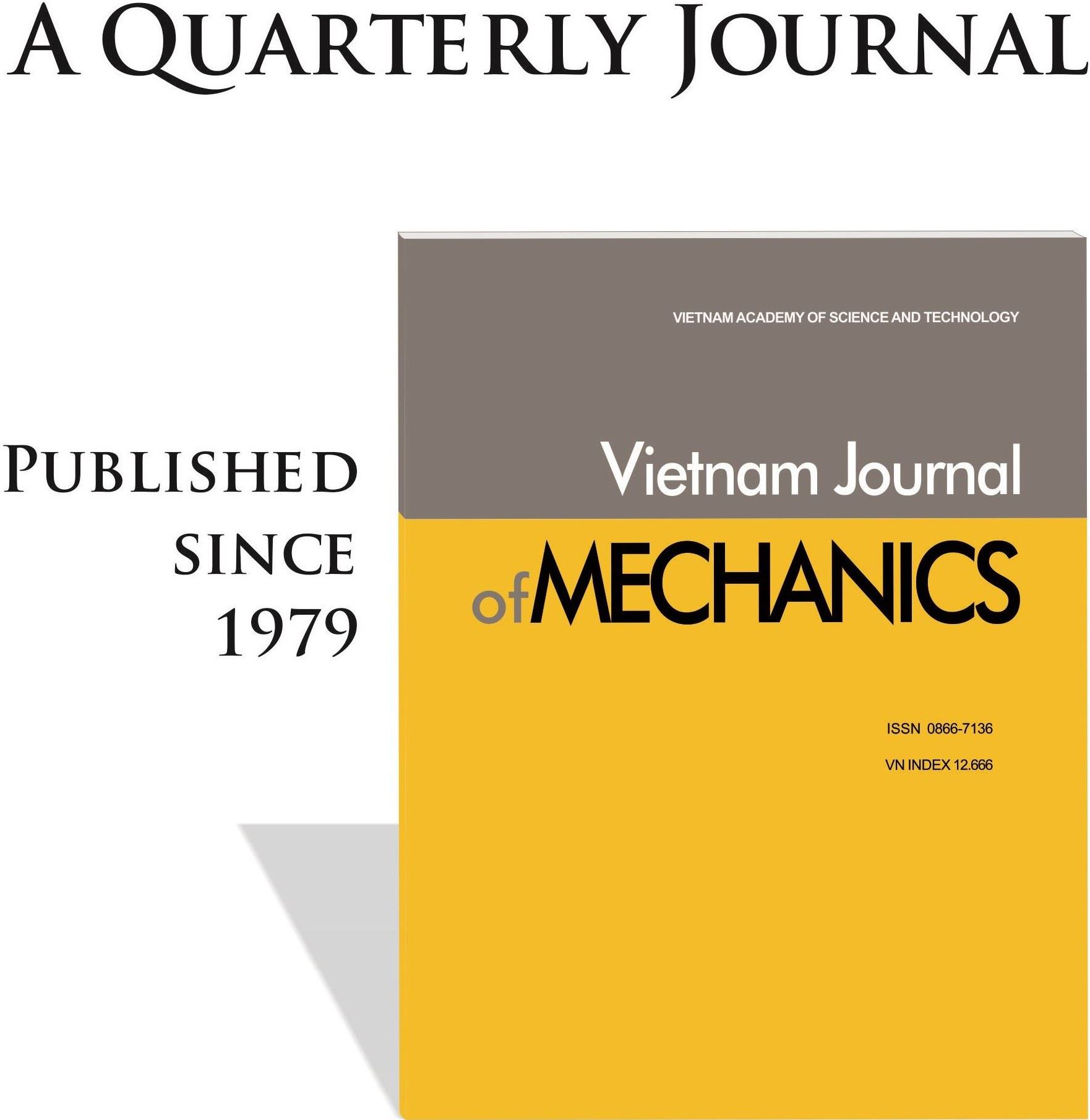Finite element model and experimental studies on rubber-cord composite
Author affiliations
DOI:
https://doi.org/10.15625/0866-7136/29/4/5605Abstract
The rubber-cord composite (CRC) which is created of rubber matrix reinforced with textile cords is used for many applications such as pneumatic membranes, automobile tires, pneumatic air-springs, hydraulic hoses and many others. The CRC is characterized by strongly anisotropic material behaviour and can simultaneously undergo large elastic deformations. In this paper a finite element (FE) model was developed and applied to study the mechanical responses of CRC. This model consists of 8-node hexahedral brick elements describing rubber matrix and 3-D spar elements for modeling of textile cords. The experimental studies in uniaxial and cyclic tension were performed. The material constants of textile cords were fitted to experimentally measured data by approach technique using linear and bilinear elastic models. The simulations of uniaxial tensile tests using proposed FE model were carried out. The numerical results of simulations were compared to experimental ones in order to verify the accurateness of the FE model. The obtained results indicated that the proposed FE model can be applied for the modeling and simulation of mechanical behaviour of CRC.Downloads
Download data is not yet available.
Downloads
Published
31-12-2007
How to Cite
Nam, T. H. (2007). Finite element model and experimental studies on rubber-cord composite. Vietnam Journal of Mechanics, 29(4), 551–561. https://doi.org/10.15625/0866-7136/29/4/5605
Issue
Section
Research Article
License

This work is licensed under a Creative Commons Attribution-ShareAlike 4.0 International License.









